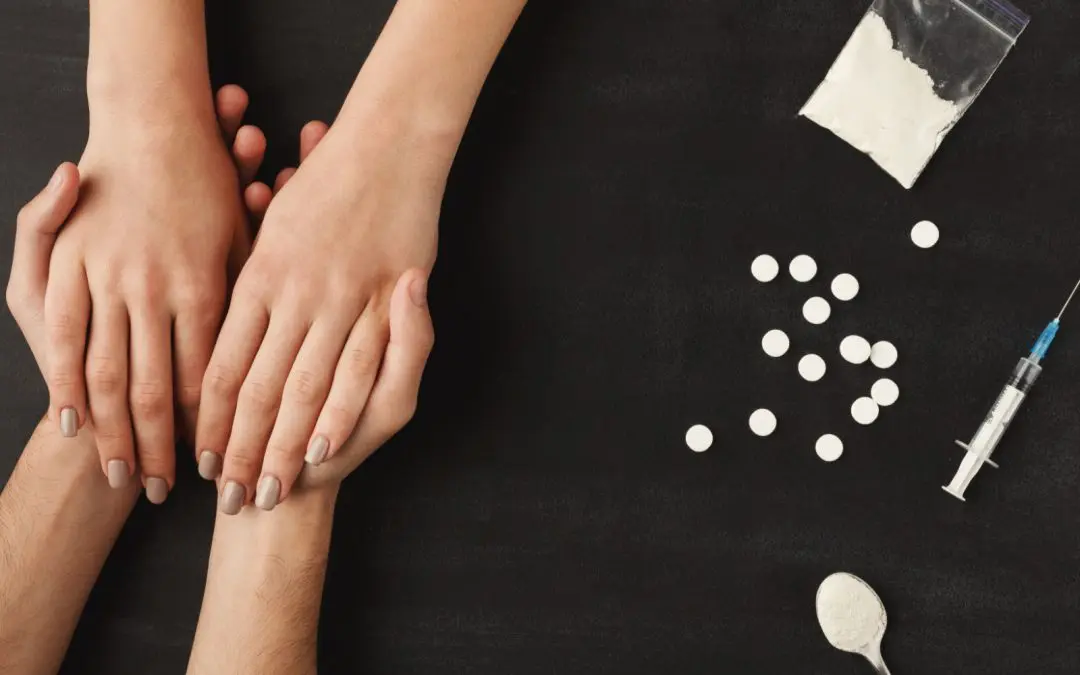24/7 Helpline:
(866) 899-221924/7 Helpline:
(866) 899-2219
Learn more about Ritalin Rehab centers in Monroe County
Ritalin Rehab in Other Counties

Other Insurance Options

Optima

WellCare Health Plans

Amerigroup

Regence

Absolute Total Care
Beacon

Access to Recovery (ATR) Voucher

Ceridian

Aetna

Meritain

Multiplan

Cigna

MHNNet Behavioral Health

Health Partners

Private insurance

EmblemHealth

Highmark

Sutter

Coventry Health Care

Magellan

LifeSkills Service Center – Monroe County
LifeSkills Service Center – Monroe County is a private rehab located in Tompkinsville, Kentucky. Lif...








































































































